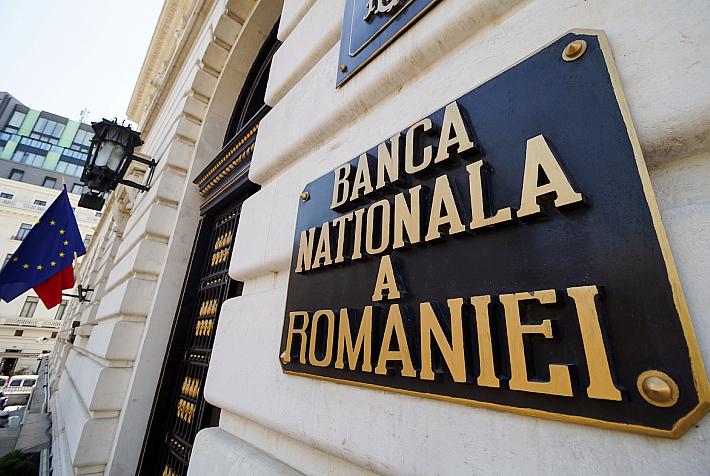Romanian prison literature gets poor review in The Economist

Corruption continues to undermine Romania’s efforts to make a better name for itself internationally.
While the Romanian Government managed to carry one of the most successful Eurobond issues in years, last week, British economic weekly The Economist published an article (in its print edition) about corruption in Romania. The piece focuses on the corruption in Romania’s prison system and shows how high-profile Romanian politicians and businessmen convicted for corruption have managed to get their sentences reduced by writing “bad prose”.
“The makers of the Romanian edition of the board game Monopoly may want to consider altering the <<Get out of jail free>> card to one reading <<Wrote a book in jail>>. A change in the law in 2013 allows convicts to claim 30 days off their sentences for every work they publish while in prison,” the article starts.
“This has led Romanian tycoons and politicians imprisoned on corruption charges to indulge in a frenzy of scribbling. It is a system as corrupt as they are,” the author goes on, naming former Prime Minister Adrian Nastase, businessmen George Copos, Gigi Becali, Ioan Niculae, and former footballer Gica Popescu, among those who have benefited from this system.
The article shortly describes the mechanism of writing oneself out of jail: “wealthy prisoners generally hire outside academics as <<research supervisors>>. They, or other ghostwriters, do the actual writing; the work is then smuggled into jail, where the prisoner copies it out by hand. A publisher is paid to print a few copies, which are presented to the parole board, which (with no guidelines or expertise) judges whether it is worthy of a reduced sentence.”
The whole scheme is possible because the Government hasn’t taken the time to create a set of strict criteria on what should be considered works of academic research. As Prime Minister Victor Ponta is due to go on trial soon for corruption, it is hardly surprising that politicians are not eager to close this loophole, the article points out.
Romanian anticorruption prosecutors indict PM Victor Ponta, seize some of his assets
editor@romania-insider.com












